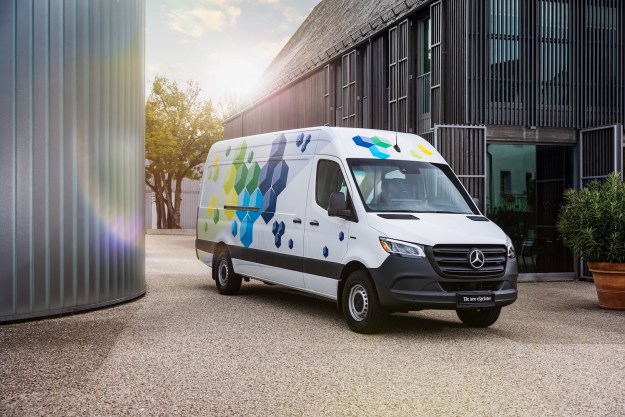
Britain’s decision to leave the European Union has caused Ssangyong to consider selling cars in the U.S., reports Automotive News (subscription required). Ssangyong has discussed U.S. sales before, but now it has added incentive to make that happen. Since the June 23 Brexit vote, the South Korean won has gained more than 16 percent against the pound. That means Ssangyong rakes in less profit from vehicle sales there.
The U.K. accounted for 8.3 percent of Ssangyong’s 2016 global sales through early July, but an anticipated decrease in exports owing to the currency issue has led it to search for an alternative market. The carmaker, which is owned by Indian firm Mahindra, currently has no presence in the U.S., and a very small footprint in China, the world’s largest car market.
Read more: Hyundai’s Ridgeline-punching pickup truck takes shape
In addition to a possible U.S. launch, Ssangyong is reportedly considering building a factory in China to expand its presence there. Local factories have become a necessity for foreign carmakers operating in the country because of high import duties. A new factory wouldn’t be necessary for the U.S., although buyers here may be more demanding than those in China.
The one thing Ssangyong has going for it is that its lineup consists mostly of crossover SUVs, and Americans can’t buy enough of them right now. However, the company has a reputation for odd-looking vehicles that are less refined than those of more established competitors. Ssangyong has primarily relied on low prices to sell cars, putting it in a similar position to Hyundai and Kia in the 1990s, or Mitsubishi today.
Even if Ssangyong could come up with compelling products, establishing a new car brand in the U.S. is not easy. The company would have to recruit a network of dealers, not to mention teach Americans how to pronounce its name. In other words, Ssangyong would have to make a long-term commitment; it took Hyundai, Kia, and Japanese brands like Toyota and Honda decades to establish solid reputations in the U.S.
Editors' Recommendations
- Don’t wear Vision Pro while driving, U.S. transport chief says
- 5 impressive EVs you’ll wish you could buy in the U.S.
- The state of EV chargers in the U.S. right now: We have a long way to go
- Volkswagen is launching its own self-driving car testing program in the U.S.
- 4 ways the best-selling plug-in hybrid in the U.S. just got better for 2024


